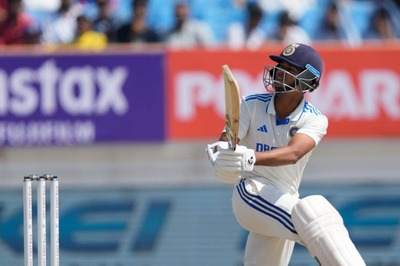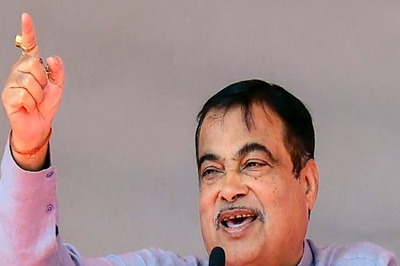
views
London: A nurse engaged in a long battle with depression has become the world's first person to benefit from neurosurgery.
Sheila Cook, 62, suffered for more than a decade with debilitating depression which left her suicidal and often unable to feed or clothe herself. She was forced to retire from her job and her husband, a physics researcher, also had to give up his work to take care of her full time.
But now, Cook, a grandmother, is beginning to enjoy life again after pioneering treatment was offered to her in Bristol. The treatment accurately targets brain networks involved in depression, the Telegraph reports.
Cook, who wasn't responding to anti-depressants, was offered deep brain stimulation (DBS), in the world's first trial of the treatment. DBS consists of inserting thin wires in the brain that are connected to a matchbox sized "pacemaker" inserted under the skin that provides constant electric stimulation.
The effects are to inhibit and stimulate brain circuits that are either too active or under-active. These brain circuits are known to be involved with the regulation and control of emotion.
Although DBS eased her condition, she relapsed and went on to be the first to have further advanced neurosurgery - "anterior cingulotomy" - in early 2010.
Since having the treatment, Cook says her life has changed and she feels happy for the first time in 10 years.
"The effects were remarkable. Within a few weeks my life changed. I read books, did the housework, went for walks and, perhaps most importantly, got to know my family again," Cook said.
Andrea Malizia, at Bristol University, led the study along with Nikunj Patel, neurosurgeon at North Bristol National Health Service Trust.




















Comments
0 comment